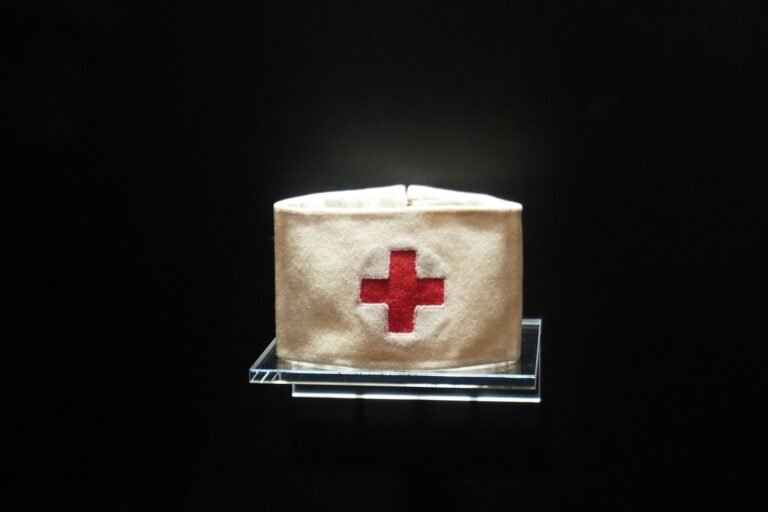When you live abroad, you always have to expect the unexpected. Every day is an adventure when you are experiencing many things for the first time. However, one experience you hope to avoid is a medical emergency. Health emergency situations are stressful no matter where you are, but they can feel even more overwhelming in a foreign country.
Accidents and sudden health issues are just a part of life. What makes them harder to handle when you’re living in another country is the unfamiliarity of everything around you. You might not speak the language, understand how the local healthcare system works, or know who to call for help. In this article, we will go over some tips to help you in case this happens to you.
1 – Be prepared
Before you find yourself in a health emergency while living abroad, it’s important to prepare ahead of time. A little planning can make a big difference when things don’t go as expected.
First, make sure your health insurance is up to the task. Not all insurance plans work the same way when you’re in another country, so check that yours covers emergencies abroad. Look for health insurance for expats that includes hospital visits, emergency care, and even medical evacuation back home if needed. It might seem like an extra cost, but it can really help you out if something serious happens.
The next thing to do is take some time to learn about the healthcare system in your new country. Every country handles healthcare differently. Some have great public hospitals, while others rely more on private clinics. It’s a good idea to find out which hospitals and doctors are reliable and close to where you live. Knowing where to go for an emergency and where to go for everyday health issues can save you a lot of stress later on.
It’s also smart to have a list of emergency contacts handy. Find out the local emergency numbers for ambulances, police, and fire services, as these can be different from what you’re used to. Also, keep the contact information for your country’s embassy or consulate nearby since they can help you in a crisis. If you don’t speak the local language, learning a few basic phrases or having a translation app on your phone can be helpful.
2 – Handling the emergency
When a health emergency happens while you’re living abroad, staying calm and taking quick action is key. It’s easy to feel overwhelmed, but keeping a clear head will help you deal with the situation more effectively.
Do a quick assessment of the injury or health issue. If it’s something minor, like a small cut or a mild illness, you might be able to handle it yourself or with a quick trip to a local clinic. But if it’s something more serious don’t wait. For instance, if you have trouble breathing, or any kind of chest pain, get professional help right away.
The next thing to do is call local emergency services. If you’ve already saved the local emergency numbers, now’s the time to use them. When you’re on the phone, try to be clear and direct. If there’s a language barrier, use simple words or a translation app to help.
If your health insurance covers emergencies, get in touch with your insurance company as soon as you can. They can tell you what to do next, whether it’s handling hospital payments or arranging follow-up care. They may even offer medical flights out of the country if you have that as part of your policy.
Reach out to local friends, neighbors, or other expats and let them know what’s going on since they might be able to help with translating, getting you to the hospital, or just being there for support.
3 – Post-emergency follow up
After dealing with a health emergency abroad, it’s important to focus on your recovery and wrap up any remaining details.
Make sure you get any necessary follow-up medical care. Even if you’re feeling better, it’s a good idea to have a check-up or follow-up appointment with a doctor. This helps make sure that everything is healing properly and that there are no lingering issues. If you were treated at a hospital or clinic, ask for copies of your medical records.
Next, sort out any insurance and financial matters. If you used health insurance during the emergency, now’s the time to submit any claims and make sure all the paperwork is in order. Keep all your receipts, medical reports, and any emails or forms from the hospital and your insurance company so you can get reimbursed and avoid unexpected bills later. If you paid for some of the care yourself, check with your insurance to see if they’ll cover those costs.

Daniel J. Morgan is the founder of Invidiata Magazine, a premier publication showcasing luxury living, arts, and culture. With a passion for excellence, Daniel has established the magazine as a beacon of sophistication and refinement, captivating discerning audiences worldwide.





